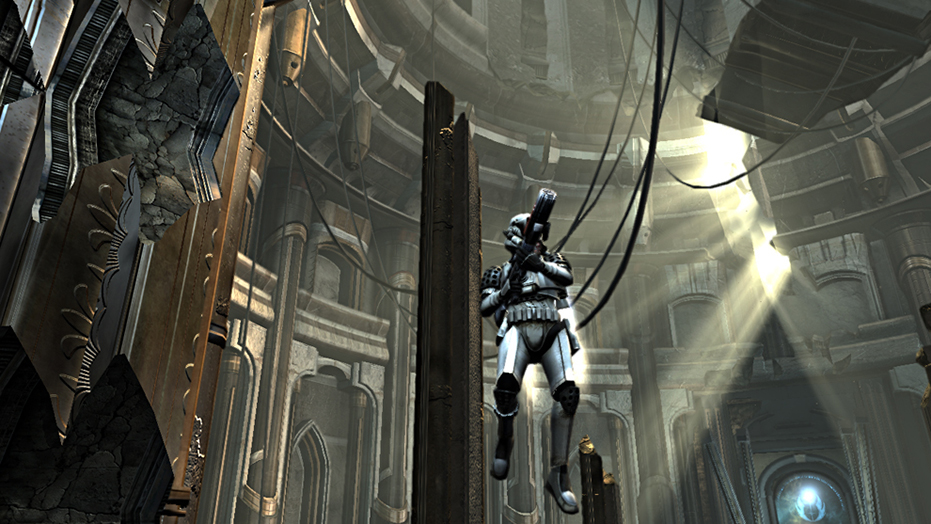
10 session intensive Course Overview:
In this course you will learn the foundation skills you would need as a 3D game artist. Working as a 3D game artist is very exciting but it is not necessary that you are pursuing it as a career path – you may be simply curious about the process and planning your own project, you may want to polish your skills into entering the video game industry.
This course is based on Mirena Rhee’s book and covers topics like “What is it like to be a video game artist”, while offering the experiences and methods learned in over 15 years in the video games industry.
This course is suitable for both students and professional artists. The class will focus on building and populating worlds as the most universal way to put forward the ideas and techniques used to create Art for Video Games. Contents and lessons presented do not focus on one piece of software and are applicable no matter what program you might use. Focus is on real-world perspectives and experiences vs. reading a software manual. We’ll take a closer look at industry staples like Maya, Photoshop, Unity and Unreal Editor.
All sessions include hands-on practice on Windows computers. This class is an advanced class and some experience with a 3D package and some knowledge of digital painting and image editing is required.
Modules Overview:
Module A: Getting ready to create – gathering references, looking for inspiration and direction for the art.
Module B: Polygonal Modeling theory – focusing on theories and common practices of polygonal modeling and how it fits into the big picture.
Module C: Texturing and Matte painting – creating textures for video games, UV mapping and shaders.
Module D: Advanced texturing and modeling – sculpting and painting using next generation tools like Zbrush and Mudbox, advanced techniques for creating normal maps.
Module E: Lighting and ingame lighting – theories of traditional lighting and how it applies to video games.
Module F: Effects – how special effects are generated for video games.
Module G: Secrets, tips and tricks that no one teaches in school – creative solutions for creating the best possible artwork withing the technology constraints.
Module H: Under the Hood – What makes video games unique and challenging medium and what does it take to burn a game on a disc – a brief look at all the other disciplines involved, like game design, rendering engines, gameplay programming and phisycs, AI and next generation game engines.
Module K: Video games – the insider look at the business and getting into the inner circle of Video Game companies.